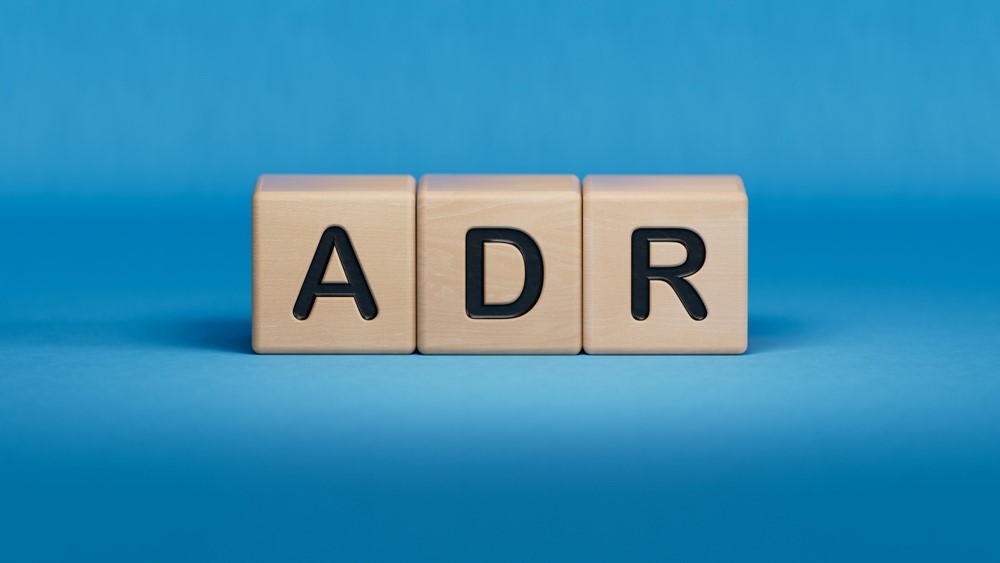By: Andrea Mendoza Molina
In light of recent changes to Mexico’s judicial system, it is crucial for both the public and private sectors to have access to alternative solutions for resolving potential conflicts. This year, the General Law of Alternative Dispute Resolution Mechanisms (“Ley General de Mecanismos Alternativos de Solución de Controversias”, the “Law”) was published, with the purpose of establishing the foundations, general principles, and the distribution of competences regarding alternative dispute resolution mechanisms, in accordance with the Political Constitution of the United Mexican States (“Constitución Política de los Estados Unidos Mexicanos”).
The Law provides mechanisms such as Negotiation, Collaborative Negotiation, Mediation, Conciliation, and Arbitration as means for resolving disputes without the need for litigation.
These mechanisms may be implemented by facilitators in both the public and private sectors, whose role is to encourage communication between the parties and facilitate an agreement, as well as by collaborative lawyers. Both facilitators and collaborative lawyers must be certified by the Federal Judicial Authorities or by the judicial authorities of the federative entities, as well as by the Federal and Local Administrative Justice Courts.
Additionally, this Law establishes Public Centers for Alternative Dispute Resolution Mechanisms (“Centros Públicos de Mecanismos Alternativos de Solución de Controversias”) which are considered as auxiliary bodies of the Judicial Power of the Federation or of the Judicial Powers of the federal entities. These Centers have technical, operational and management independence and are empowered to implement and coordinate the use of alternative dispute resolution mechanisms, within their respective areas of competence, whether public or private.
It is essential for both the public and private sectors to become familiar with this Law in order to fully benefit from it, as the alternative mechanisms it proposes not only offer faster resolutions to disputes between the parties involved but also promote dialogue and collaboration between them.
Source:
https://www.dof.gob.mx/nota_detalle.php?codigo=5715307&fecha=26/01/2024#gsc.tab=0









